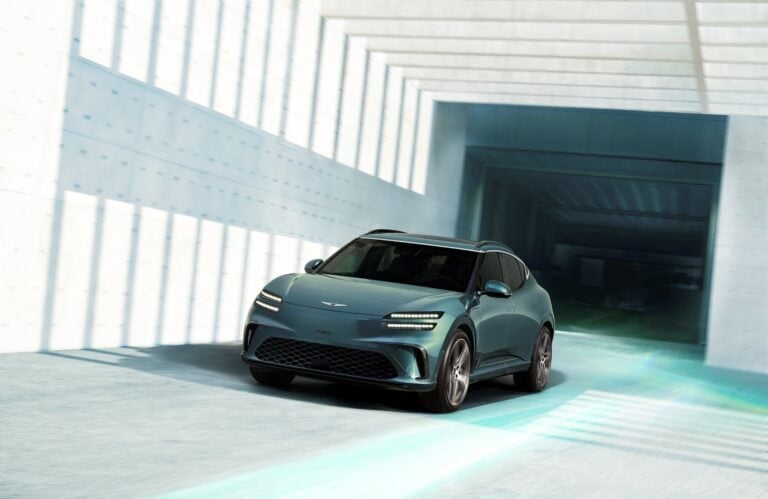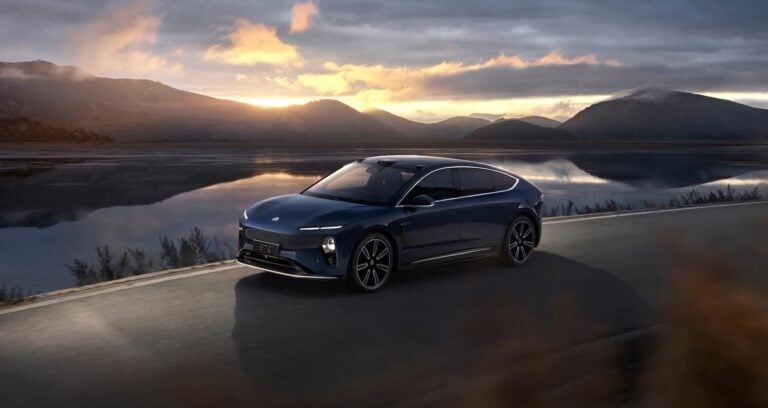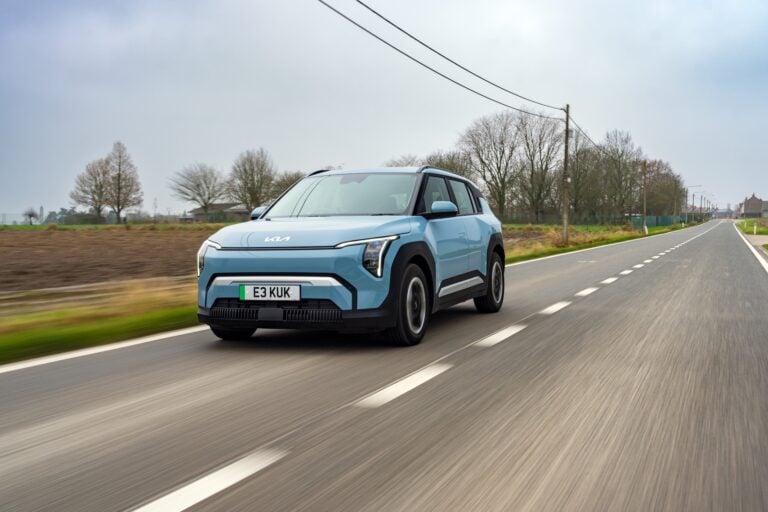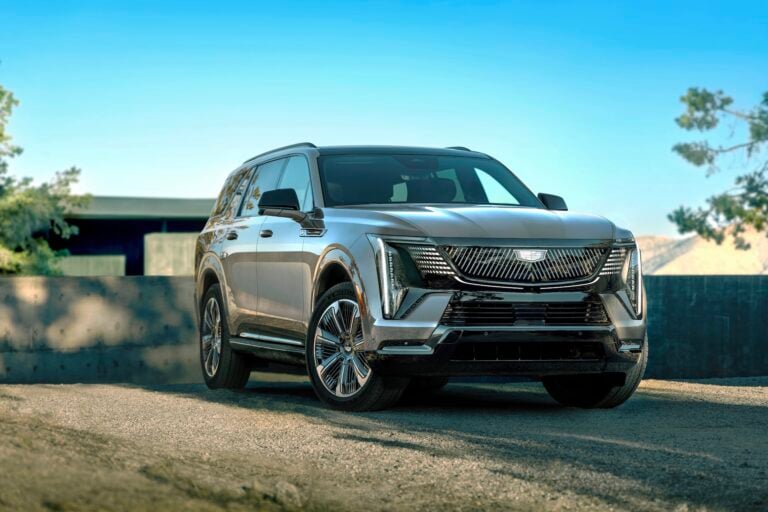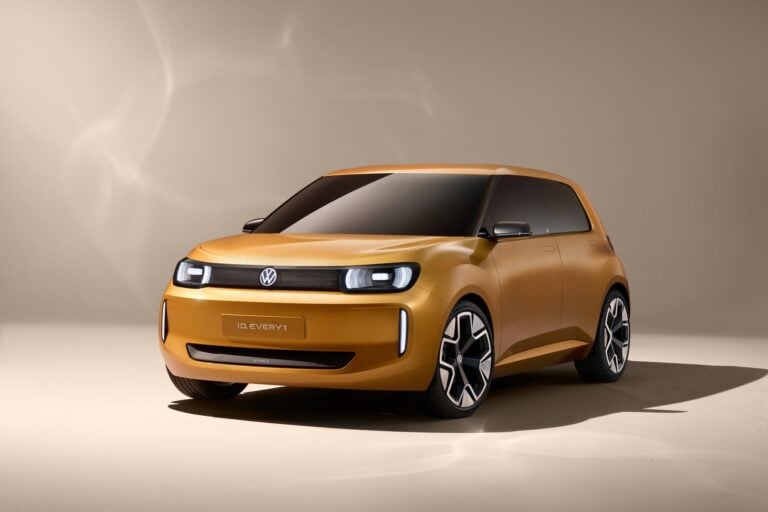Sign up for our popular daily email to catch all the latest EV news!
ABB aims to transition its entire fleet to electric vehicles by 2030, emphasizing sustainability and reduced emissions. ABB’s collaboration with Volkswagen Group and the integration of Škoda Enyaq electric cars into its fleet highlight its commitment to eMobility.
Key Highlights:
- ABB’s fleet consists of 10,000 cars, with an increasing number of electric vehicles.
- Václav Švub, global manager for robotic welding, praises the smooth and quiet ride of the Škoda Enyaq.
- ABB’s electric vehicles benefit the environment by reducing noise and air pollution.
- Charging infrastructure and vehicle customization ensure operational efficiency for ABB’s fleet.
- Employee training and careful journey planning are essential for maximizing the benefits of electric vehicles.
- ABB’s commitment includes transitioning its fleet and supporting broader electromobility infrastructure.

ABB’s Fleet Transition and Environmental Impact
ABB, a leader in electrical engineering and automation, is making strides toward a sustainable future by transitioning its global fleet of over 10,000 vehicles to electric cars. This move aligns with ABB’s long-standing collaboration with the Volkswagen Group, providing advanced robotics and automation solutions. The integration of Škoda Enyaq electric vehicles into ABB’s fleet is a testament to its commitment to sustainability.
Václav Švub, global manager for robotic welding, has driven his Škoda Enyaq for over 100,000 kilometers since May 2022. He notes the initial learning curve but now enjoys the car’s smooth and quiet ride. Švub highlights the environmental benefits of eMobility, especially in cities like Shanghai, where electric vehicles outnumber combustion engines, leading to cleaner air and quieter streets.
Customization and Infrastructure Support
ABB ensures its electric vehicles meet the needs of its employees and operations. For instance, service cars may require additional equipment like shelves or tool fittings. Charging infrastructure in company garages and public spaces, such as airports, supports the fleet’s efficiency. Václav Švub, for example, charges his Enyaq at home, company facilities, and airports, finding the process convenient and reliable.
Despite initial employee skepticism about cost and range, ABB addresses these concerns through education and practical experience. Electric vehicles offer lower maintenance costs and tax advantages, and Švub’s Enyaq delivers a satisfactory range, even in colder climates. Ricardo Koevoet, head of purchasing for the global fleet, likens the transition to electric vehicles to adopting smartphones, highlighting their superior torque, braking, and quiet operation.

Global Commitment to Electromobility
ABB’s global commitment to electromobility is evident in its fleet policies. In countries like Sweden and Portugal, ABB’s fleet is dominated by electric Enyaqs, reflecting their popularity among employees. As part of its broader sustainability goals, ABB plans to achieve a fully electric fleet by 2030, potentially sooner in some regions.
ABB’s role in the electromobility market extends beyond its fleet. The company is a leading provider of charging infrastructure, particularly in the Czech Republic. Škoda vehicles make up a significant portion of ABB’s global fleet, with the number of electric Enyaqs steadily increasing.
Bottom Line
ABB’s transition to a fully electric fleet underscores its dedication to sustainability and innovation. Through strategic partnerships, employee engagement, and robust infrastructure support, ABB is paving the way for a cleaner, quieter future in urban mobility.
Sign up for our popular daily email to catch all the latest EV news!



